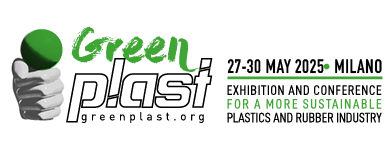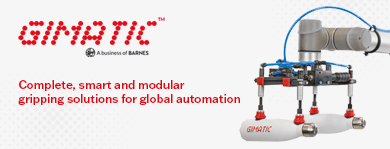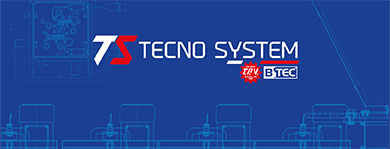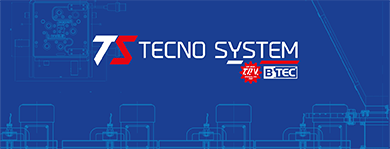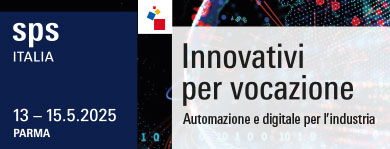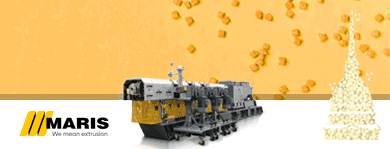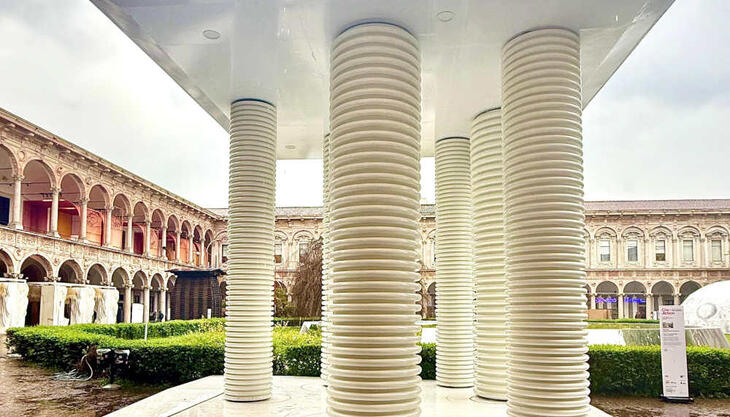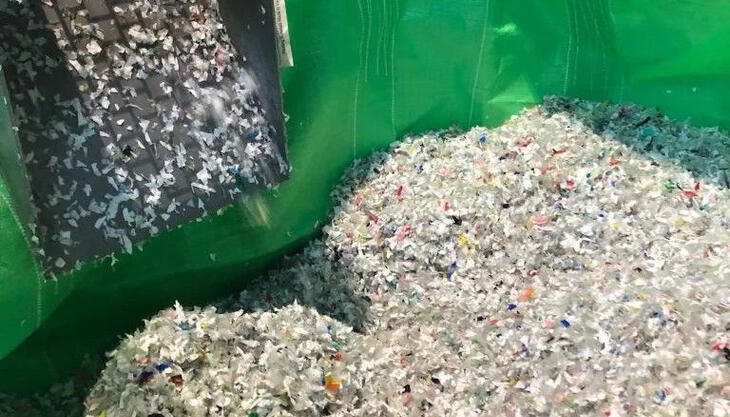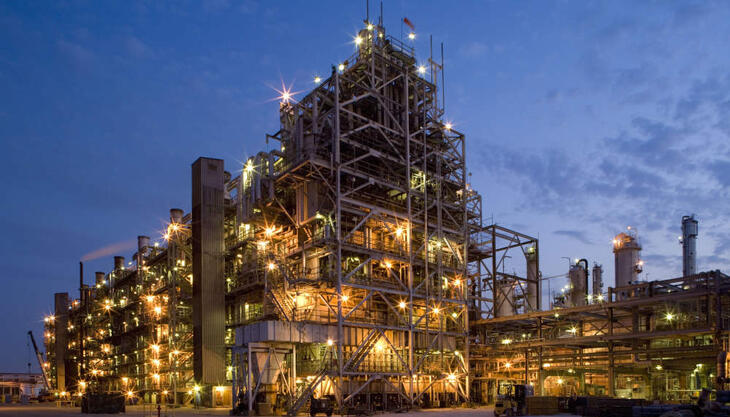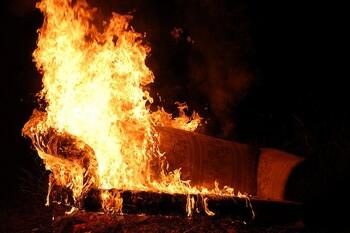
On May 5, the European Flame Retardants Association (EFRA) - which represents the leading organisations which manufacture, market or use flame retardants in Europe - releases the 2014 Vecap European Progress Report. The Voluntary Emissions Control Action programme (VECAP) is a product stewardship programme which aims to reduce potential emissions of brominated flame retardants (BFRs) by promoting environmental best practices throughout the value chain. The 2014 European Progress Report celebrates the tenth anniversary of Vecap by showing the success in the reduction of potential emissions of brominated flame retardants over the years.
Eric Sitters, European Vecap manager of ICL-IP Europe (a brominated flame retardants producer) and recently appointed Vecap Europe leader, said: “It is with great honour that I lead this programme. Vecap makes the industry proud, clearly demonstrating that engagement, commitment and cooperation across all levels of the value chain make for a success story”.
The 2014 report shows that potential emissions to land, water and air of the four substances covered by the programme (TBBPA, Deca-BDE, HBCD and EBP) have significantly decreased since the beginning of the programme; 2014 has also been the second year of EBP reporting, allowing for the first comparison of data.
The survey shows once again a high participation rate for EBP and for TBBPA with a significant 35% drop for potential emissions to land for EBP as well as reported TBBPA potential emissions at default levels for the fourth consecutive year. The industry’s commitment to cover responsibly the disposal of packaging waste also led to the responsible management of all TBBPA, Deca-BDE and HBCD packaging.
EFRA product stewardship is working hard to ensure that EBP users apply all recommended Vecap best practices to shift the percentage of packaging waste responsibly managed from 97% to 100% as well.
Through Vecap, the industry reiterates its voluntary commitment to taking responsibility for the environmentally sound management of chemicals within the context of a European Framework for Corporate Social Responsibility (CSR). As such, the brominated flame retardants industry seeks to reduce the environmental footprint of its value chain and ensure resources are used as efficiently and sustainably as possible.
The 2014 European results confirm the success of the programme. The Vecap team is committed to continuously improve the programme by ensuring the implementation of best practices as well as working towards identifying potential new risks in order to avoid potential emission sources.
Operating in Europe, North America and Canada, as well as being promoted in Mexico, China, Japan, South Korea and Taiwan, the Vecap programme involves more than 100 professionals in the operating regions, including sales operators, trained distributors, customers and industry representatives. Training schemes and communication material are available in 13 languages; 180 downstream user sites are involved and 11 sites are certified worldwide. Major reduction of potential emissions of brominated flame retardants has been reported since 2008.





